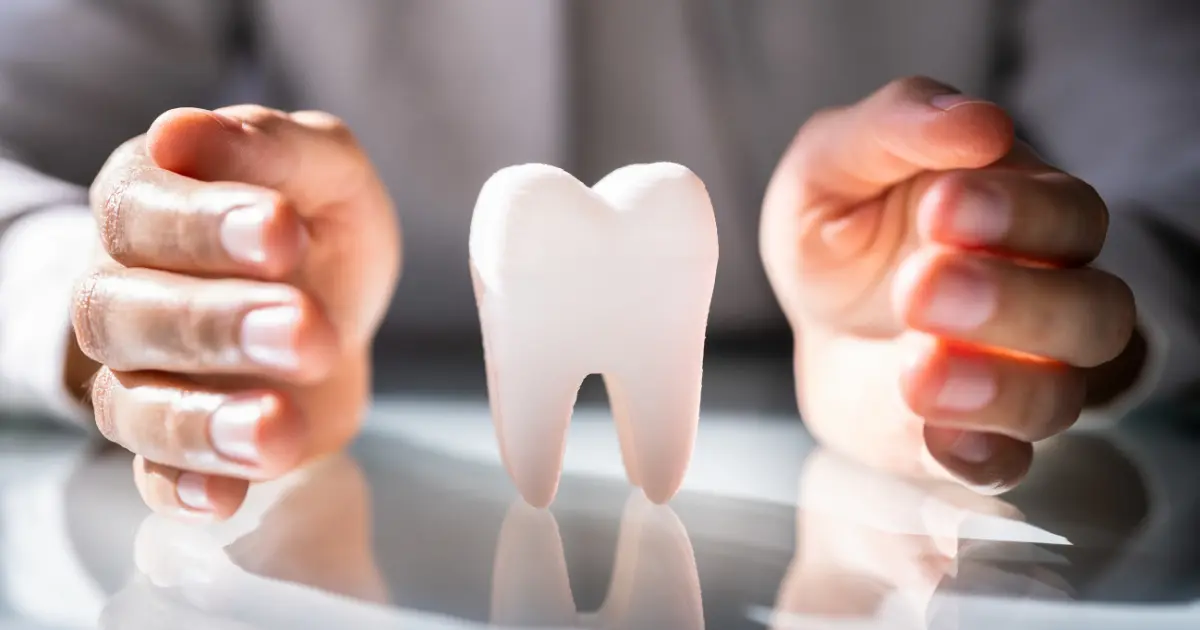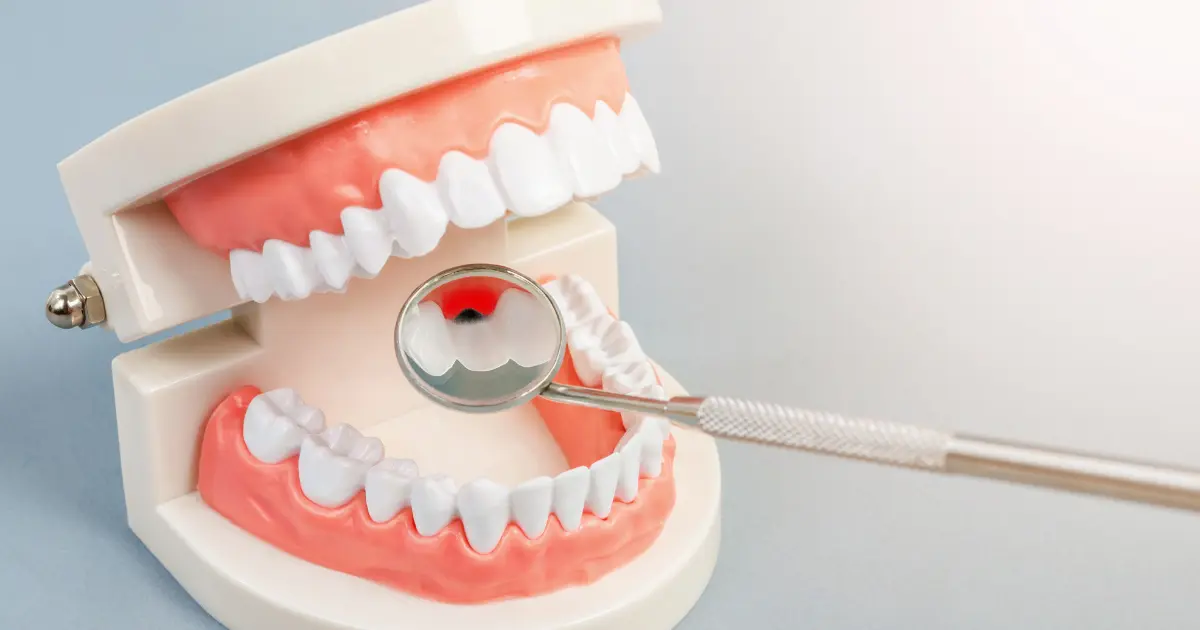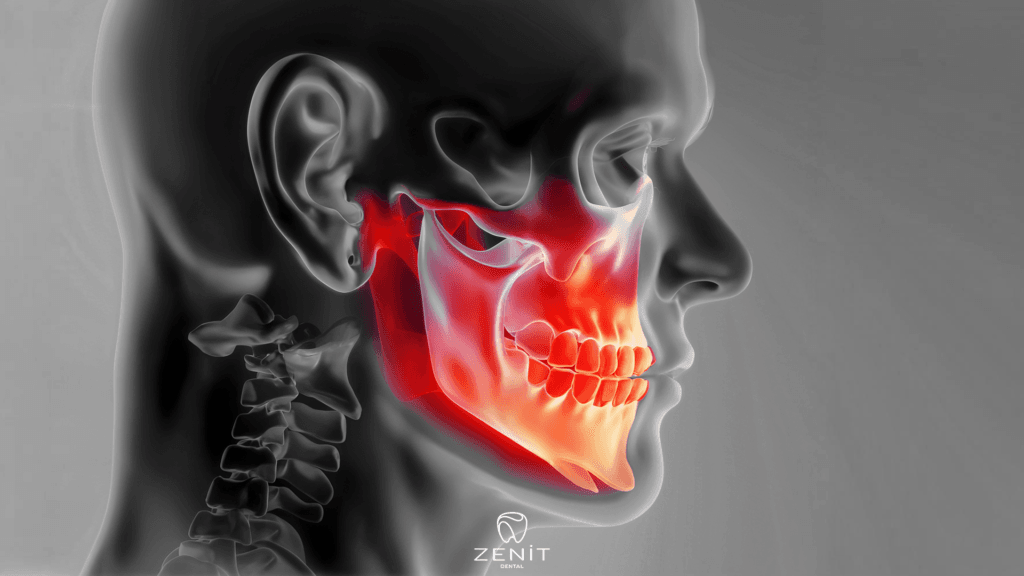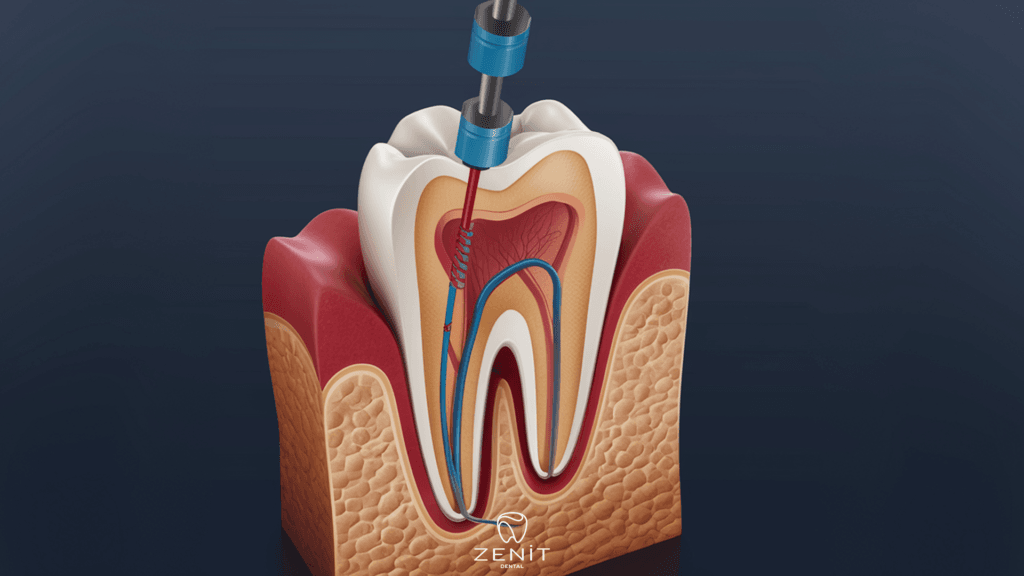Oral and dental health is an issue that you need to pay attention to for other organs in the body to function properly. Teeth affect our entire system, especially since they are close to the brain area. Therefore, you should protect your dental and oral health and take the necessary care. No matter how careful you sometimes are, it can sometimes be difficult for you to maintain the scar form of the teeth due to genetic reasons. At this point, you can apply for dental applications such as prosthetic teeth.
This procedure, which is applied by placing the same form of the tooth in the place of the lost teeth, is done in accordance with the full mouth structure of the patient. The biggest purpose of the dental prosthesis procedure is to offer the patient a healthier and more aesthetic life by restoring chewing functions. In this way, the quality of life of the patient is increased and a healthier life is gained. At the same time, the psychological effects caused by tooth deficiency disappear.
To Whom is Prosthetic Tooth Applied?

Prosthetic teeth can be applied to people with tooth deficiency. If the tooth is lost because of an impact or if the tooth has not been replaced, it would be best to close this gap. Apart from this, it is a procedure applied not only to lost teeth but also to individuals with chemically deformed teeth.
The patient’s mouth is improved by adding a dental prosthesis to replace the tooth that has undergone physical and chemical deterioration. This procedure prevents tooth deficiency, eating and psychological problems and offers a more comfortable life to the patient. Of course, it is necessary to consult specialist physicians to find out who is most suitable for prosthetic teeth.
How is a Prosthetic Tooth Made?
Before oral and dental applications, the patient must consult with a specialist physician. According to the decision of specialist physicians, the materials used for prosthetic teeth may also vary. First, the patient’s mouth and teeth are checked by taking x-rays. Specialist physicians design the dental prosthesis by taking the mouth size according to the needs of the patient. In dental applications, the dimensions of the lower and upper jaw are very important. The measurement phase takes place painlessly in one session. According to the size taken, a 3D copy of the prostheses is prepared.
When preparing a prosthetic tooth model, it is important to consider the midline of the teeth and smile lines. At the same time, the choice of color is one of the elements that are considered for a natural appearance. Choosing a suitable color is important for the teeth to have a natural appearance; a prosthesis is made accordingly.
How Many Types of Prosthetic Teeth Are There?

The most important structure for oral health is the teeth. The fact that the teeth are healthy strengthens the system by adding strength to the health of the body. This is the right procedure to be done for tooth deficiency or undeveloped teeth. The prostheses used in this procedure are generally divided into 2. There are 2 different dental prosthesis options: fixed prostheses and movable ones. According to the decision of the specialist physicians, the most appropriate prosthesis is applied to the patient.
Fixed Prosthetic Tooth
As the name suggests, the fixed prosthetic tooth form remains fixed in the mouth. It is fixed in the mouth and does not move. It does not have the ability to insert and remove like other prosthesis types. Therefore, it ranks first among the most preferred dental procedures. It is one of the procedures usually performed in single or several tooth deficiencies. Of course, it can also be applied in the absence of a large number of teeth upon request.
Removable Prosthetic Tooth
It is known as a denture among people. This prosthesis does not remain fixed in the heavy body. It should be cleaned regularly after use. It is appropriate to use removable prostheses in case of tooth loss, chewing problems, and lack of speech. Removable prostheses are also divided into different types. They vary according to the materials and materials used in themselves.
How long do prosthetic teeth last?
Dental prostheses, which provide comfort and convenience to the person after the procedure, have been used for many years. If oral and dental health is taken into consideration, its use is approximately 15 – 20 years. After this period, it is necessary to renew and clean the prostheses. Of course, the duration and life of use may vary from person to person. The more attention is paid to dental and oral health, the longer the life of these teeth becomes. Apart from this, the materials and materials from which the prostheses are made are one of the factors that prolong their life. Prosthetic teeth made with quality materials offer people both long-term and more comfortable use.






